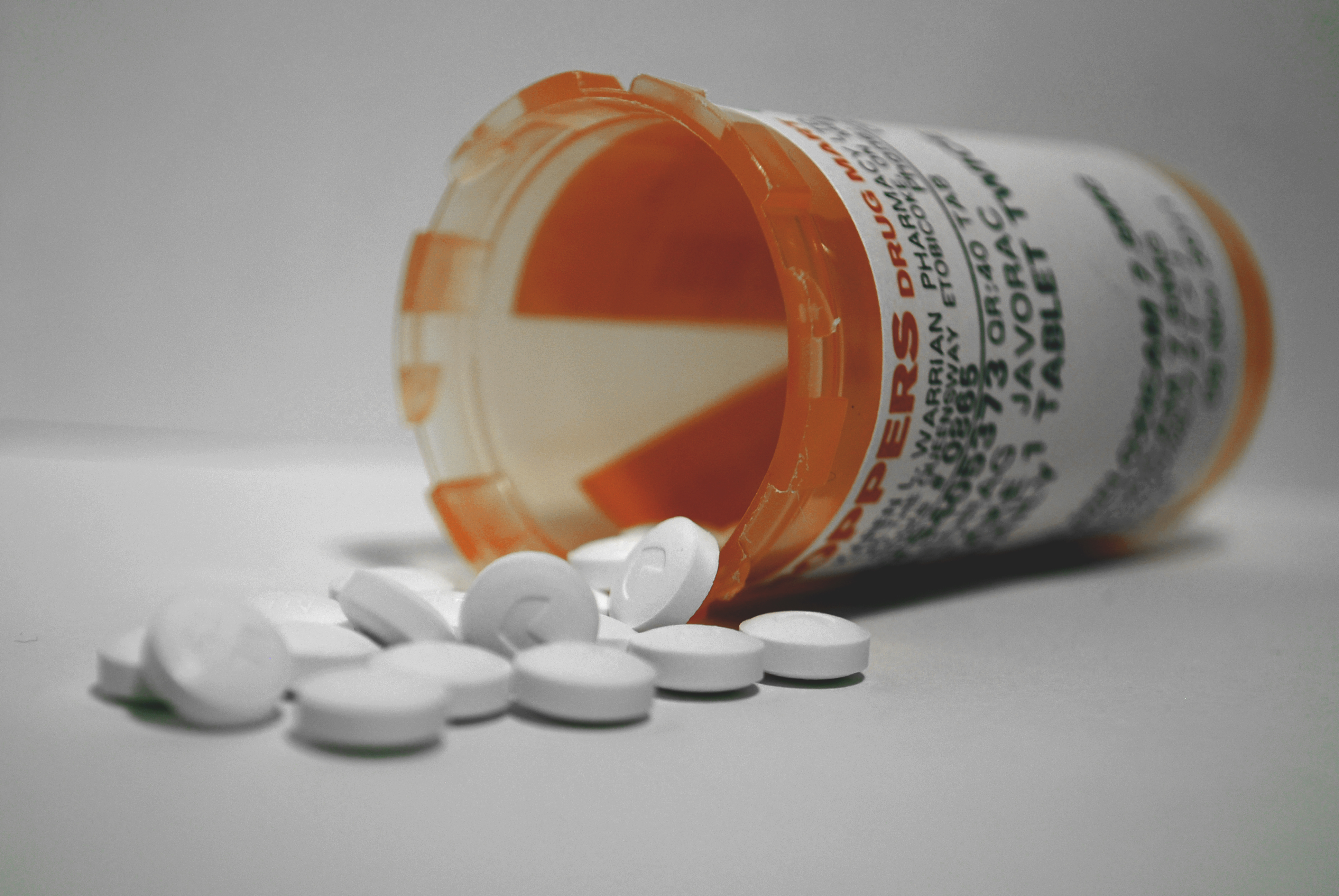Nowadays, there are seemingly endless supplies of medications available to the public with just a short trip to the pharmacy. For most over-the-counter drugs like aspirin, ibuprofen, and acetaminophen, this is mostly true. However, this is not the case for some medications, especially those used for more rare diseases. It may be surprising that drug shortages are such a big problem in the United States today, that the Food and Drug Administration (FDA) has dedicated an entire website to it.
Image Source: Andrew Brookes
Supply and demand play a role in the shortages of certain medications. According to the Journal of Parenteral and Enteral Nutrition (JPEN), prescription pain medications and cancer medications find themselves in this category of shortages. Science magazine explains that in 2011 a shortage of a life-saving cancer therapy drug, cytarabine, was in such a shortage that doctors had to ration their remaining supply. This resulted in patients receiving less effective therapies.
According to Pharmacy and Therapeutics, one of the reasons why drug shortages occur is due to manufacturing difficulties. These difficulties arise from manufacturers’ use of antiquated equipment, shortages of precursor materials, and the shared use of equipment by multiple brands. The shortages in precursor materials particularly decreases the amount of medication available. The National Psoriasis Foundation explains that the process used to make biologic medications requires very sensitive organic material, like live cells, that can delay the process when just one step is messed up. There are many medications — like some chemotherapy treatments and plasma components — that, like biologics, have limited availability to the public, and thus, contribute to the medication shortage problem.
Image Source: Monty Rakusen
Voluntary recalls, which can occur when a manufacturing problem is discovered with a medication after it has gone to market, also increase shortages of medications. These recalls are necessary to ensure that people do not fall ill from ingesting incorrect doses or ineffective medication. Along with recalls of medications, there are also instances when companies quit making medications altogether. An example of this occurred in 2000 when a company that manufactures diphtheria toxoids, pertussis vaccines, and tetanus toxoids had to shut down their operations due to low profits.
As you can see, the drug shortage problem is very complex and comes from a wide array of problems encountered in manufacturing and the business end of operations. It is important for people who depend on medications that are found on drug shortage lists to be informed of the status of their medication, and hopefully, with new innovations, we will one day be able to avoid such shortages entirely.
Featured Image Source: The Javorac










